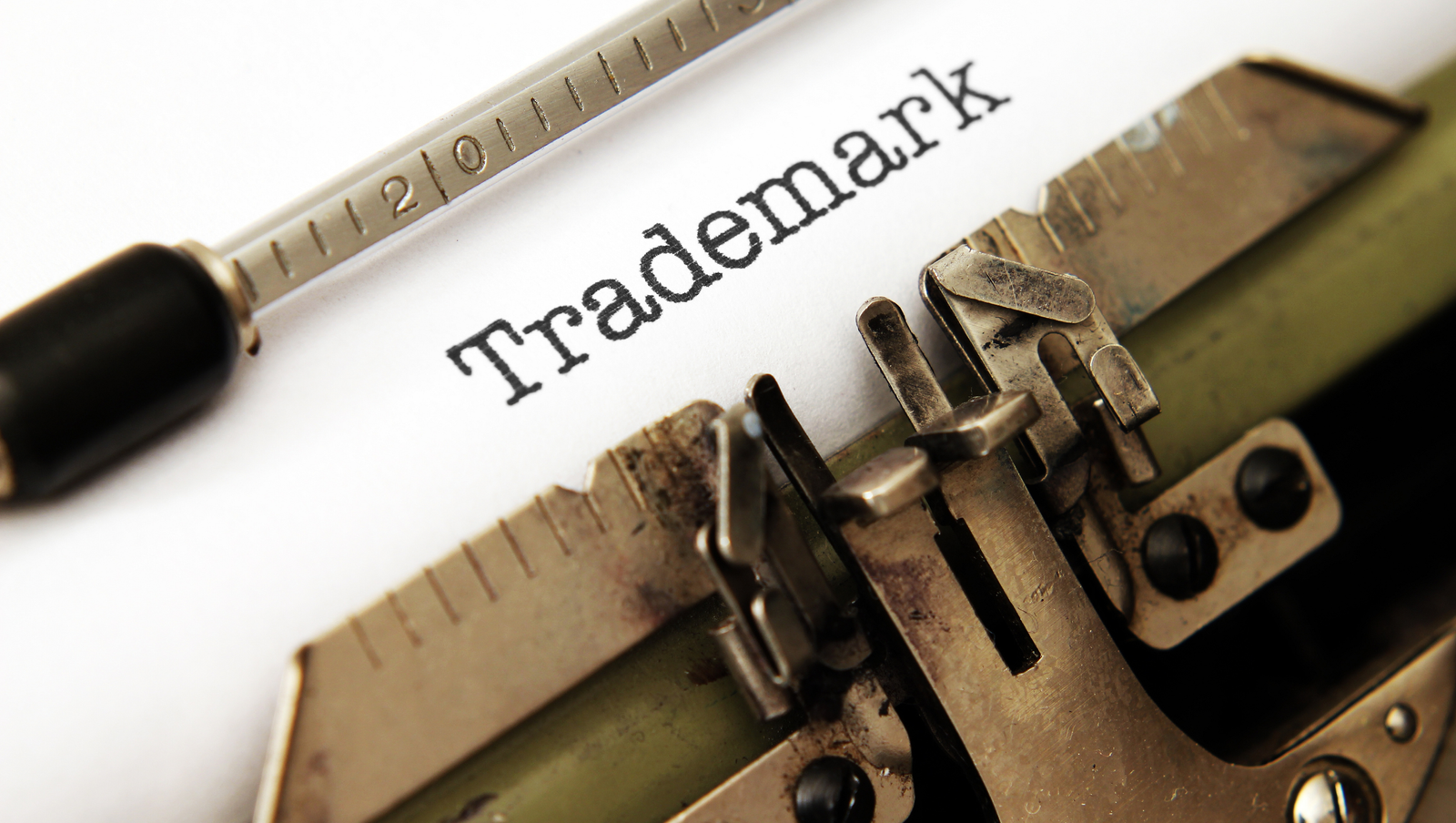VAWC or the Anti-Violence Against Women and Their Children Act of 2004, is a law passed to protect women and children from violence. Also known as Republic Act (R.A.) 9262, the law is in keeping with the provisions on human rights enshrined in the Philippine Constitution, as well as the fundamental rights and freedoms guaranteed in various international declarations and documents to which the Philippines is signatory, including:
- Universal Declaration of Human Rights
- The Convention on the Elimination of All Forms of Discrimination Against Women
- Convention on the Rights of the Child
You may also listen to our podcast about VAWC here:
What does VAWC (violence against women and children) Protect?
The law protects women and children against various acts of violence, whether taking place in or out of the home. These acts generally fall under the following categories:
- Sexual violence
- Physical violence
- Psychological violence
- Economic abuse
What sets this law apart from common criminal acts is that the offender in these cases has an established relationship with the victim. The law defines these relationships to include, but are not limited to:
- Married couples
- Former spouses
- Couples with a common child, whether legitimate or illegitimate
- The legitimate or illegitimate parent of the victim
- A sexual or dating relationship, which include couples living together without the benefit of marriage, or has a continuing romantic involvement over time, with or without sexual intercourse
Violence Against Women and Children (VAWC) Act in the Philippines
Acts that make or attempt Sexual Violence
Under VAWC, Women and children are given protection against violent sexual acts that include – but are not limited to – the following:
- Rape
- Sexual harassment
- Acts of lasciviousness
- Demeaning or sexually suggestive remarks
- Physical attack of a woman’s or child’s sexual parts
- Forcing the victim to watch obscene shows and publications
- Filming sexual acts without the victim’s consent by the perpetrator
- Forcing the wife and a mistress or lover to live in the same house or sleep together in the same room
- Forcing or attempting to cause the victim to engage in a sexual act through the threat of violence or harm
- Prostituting the victim
Make or Attempt to make Physical Violence
Under VAWC, Physical violence against a woman or child includes acts that result in or threaten bodily harm. These include:
- Causing or result in physical harm to the victim
- Threatening and/or attempting to cause physical harm to the victim
- Placing the victim in imminent physical harm
- Using force, or the threat of force and physical harm to:
- Force the victim to engage in acts that the victim has the right to desist from
- Prevent the victim from doing acts they have the right to engage in
- Restrict the victim’s freedom of movement
Attempt to make a woman undergo Psychological Violence/Psychological Harm or Suffering
Under VAWC, Psychological violence or Psychological harm or suffering is defined as acts or omissions that are likely to result in or causing mental or emotional suffering on the part of the victim. These acts include, but are not limited to:
- Intimidation
- Harassment
- Stalking
- Damage to property
- Public ridicule or humiliation
- Mental infidelity
- Mental or Emotional suffering
- Repeated verbal abuse
- Forcing or allowing the victim to witness the abuse on a member of a family
- Unlawful deprivation of the right to custody or visitation of the victim’s children
Economic Abuse
Under VAWC, Economic abuse includes acts that make a woman financially dependent, including but not limited to:
- Withdrawal of financial support
- Preventing the victim from engaging in a legal profession
- Depriving the woman of financial resources and the use and enjoyment of the conjugal home
- Controlling the woman’s finances or the conjugal properties and money
The Victim’s Rights
The VAWC lists down the rights of the victim, including:
- Be treated with dignity and respect
- Confidentiality
- Free public legal assistance
- Paid leave of absence
- Be informed of the rights and services they are entitled to, including protection orders
- Mandatory services that include:
- Temporary shelter
- Psycho-social services
- Recovery/rehabilitation programs
- Livelihood assistance
- Medical assistance
- Counseling Access to resources and support networks
- Protection from further violence or harassment
- Legal representation and assistance in court proceedings
- Right to refuse mediation or settlement without their consent
- Right to be heard and participate in legal proceedings
- Protection from victim-blaming or discrimination
- Right to privacy and safety
- Access to information about their case and the legal process
- Right to have their children and dependents protected and supported
- Right to compensation for damages and losses
- Right to be kept informed of the status of their case
- Right to be involved in decisions that affect their safety and well-being
- Right to access affordable and quality healthcare services
- Right to access education and training opportunities for their empowerment and independence.
Do you need the protection of the VAWC? Take the first step and consult the attorneys at Duran & Duran-Schulze here.
You may also checkout this video to learn more:






